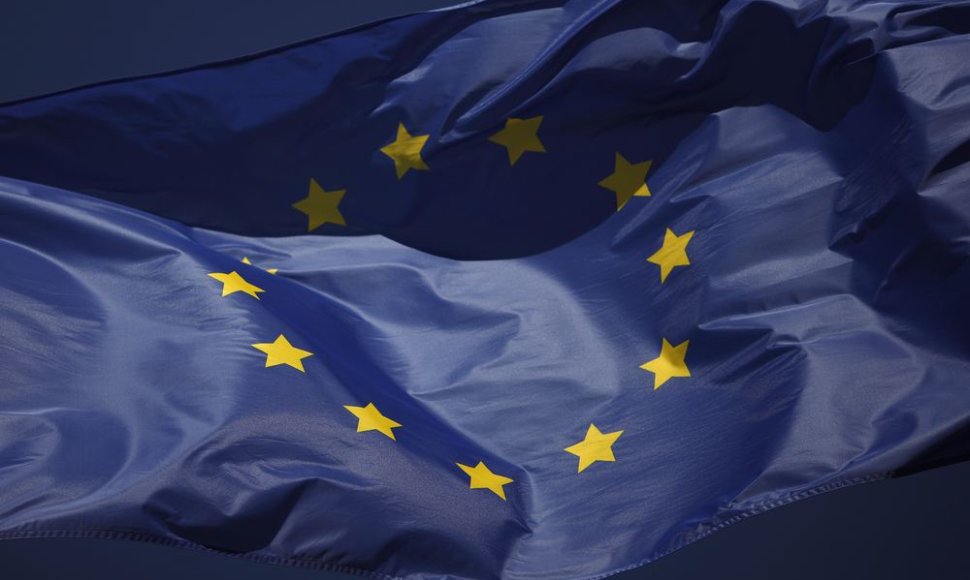According to Leškevičius, "a common expectation that we should find agreement" was expressed during Monday's meeting in Brussels.
"If we don't agree now, there's a risk that we won't have the long-term financial program. It's not in anybody's interest for sure," the vice-minister said.
In his words, no specific numbers were discussed at the meeting, and a new proposal will be submitted only on Thursday after the start of the summit to be attended by Lithuanian President Dalia Grybauskaitė.
"There were many concerns whether the European Parliament will approve a budget that is so much smaller compared to the one originally proposal by the Commission. So the number of questions in the game is not going down but quite the opposite. There's also understanding that time is ticking and the pressure of time is relentlessly growing," the diplomat said.
"I believe the president of the EU Council as well as member states are perfectly aware of the rules of the game and the powers of the Parliament following the adoption of the Treaty of Lisbon. So nobody has plans to start the game knowing they might lose. In other words, they realize there cannot be a proposal the Parliament would hate from the start," Leškevičius said.
Presenting Lithuania's position, the vice-minister highlighted positions important for Lithuania, including EU structural support, direct payments for farmers and funding of the decommissioning of Ignalina nuclear power plant.
"The cohesion policy should help less developed member states and take into account the specific situation of the Baltic states. Direct payments to Baltic farmers should be getting closer to EU average as fast as possible amid efforts to reduce distortions of the agriculture policy. Financial conditions for the decommissioning of Ignalina nuclear power plant cannot be other than those provided for in our Treaty on the European Union," Leškevičius said.
French President François Hollande warned last weekend the Thursday and Friday talks on the one trillion euro budget might fail again.
Lithuanian officials are concerned that the country might receive less support from structural funds amid calls for more budget cuts.
Due to amendments to EU treaties, this time the European Parliament has a veto right when it comes to the future budget. Its President Martin Schulz has warned that overly drastic cuts might push MEPs to make such a step.












